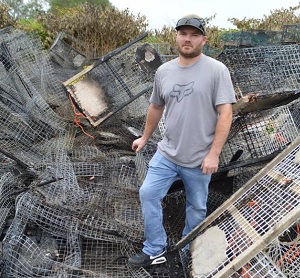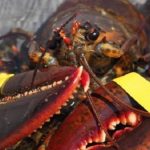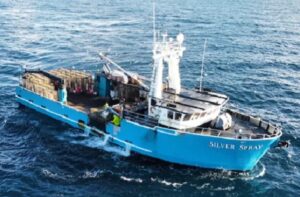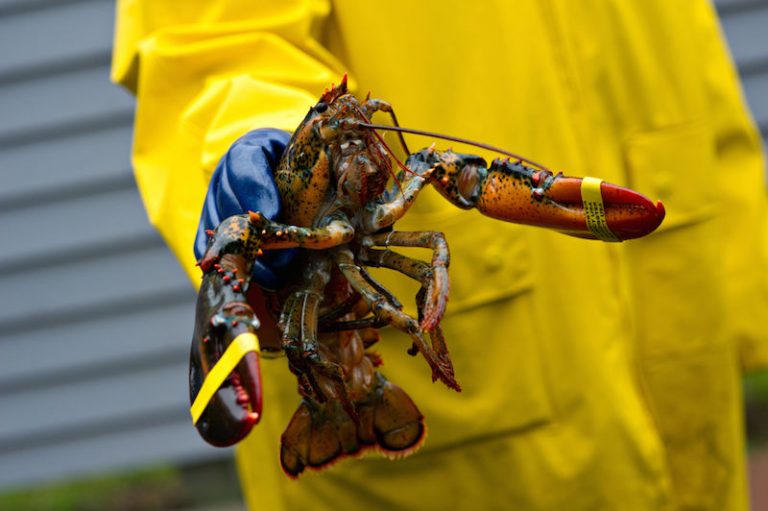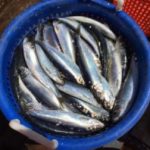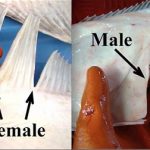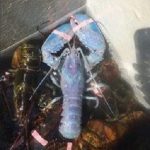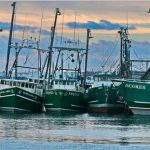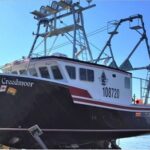Daily Archives: August 18, 2020
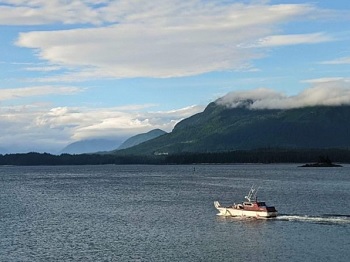
Metlakatla Indian Community suing Gov. Mike Dunleavy and senior state officials over fishing rights
The state’s sole Native reservation says the commercial fishing permit system unfairly prevents local fishermen from harvesting on their traditional fishing grounds, a right Metlakatla says is guaranteed to the tribe by Congress. The tribe of Metlakatla is asking a federal judge to prevent the state from requiring commercial fishing permits for tribal members. The people of Metlakatla have called Annette Island home since the late 19th century. That’s when roughly 820 Tsimshian people migrated with an Anglican missionary from coastal British Columbia to the then-uninhabited islands south of Ketchikan. But they weren’t just after land for a settlement. “The Annette Islands would have been worthless without access to fish and its adjacent fisheries,” attorneys for Metlakatla wrote in a lawsuit filed August 7 in federal court. >click to read< 18:06
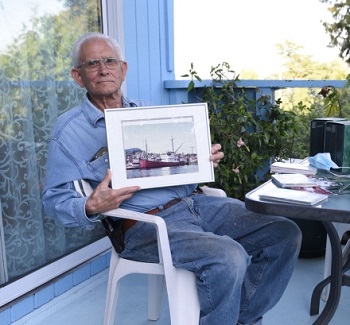
F/V Arctic Fox II remembered as ‘huge part’ of Gibson’s fishing community
As the fishing community comes to terms with the losses, a former owner remembers The Arctic Fox II’s ties to Gibsons fishing culture. It began with a cod war between England and Iceland in the 1970s. At the time Ivan Tentchoff and his wife were running an environmental summer camp. They gave children a chance to explore coastal waters from Powell River to Alaska onboard the Arctic Loon and the Arctic Fox. They were on the hunt for a larger boat to make bigger crossings. That’s how Tentchoff, now 91, ended up in the Scottish fishing town of Fraserburgh. That’s where he struck gold. >click to read< 12:00

Herrera Beutler lauds NOAA decision on sea lion removal
NOAA announced Aug. 14 that a task force had endorsed implementing the Endangered Salmon Predation Prevention Act, legislation signed into law in 2018. The administration stated that the new law amends the Marine Mammal Protection Act, allowing for removal of sea lions in a stretch of the Columbia River and its tributaries intended to cut down on predation of salmon and steelhead. With NOAA’s approval of these permits, wildlife managers can now finally take action and implement the sea lion control measure that tribes, fishermen, scientists, conservationists and local leaders have been calling for to preserve our native fish runs,” U.S. Rep Herrera Beutler >click to read< 10:46
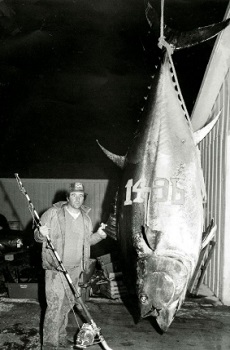
A Tuna’s Worth – Inside a Canadian fishery that pursues them
Bluefin tuna are a luxury that feeds the egos of many, the bellies of few.,, North Lake, a community too small to support an ATM, calls itself the tuna capital of the world. In the 1960s and 1970s, anglers here regularly landed bluefin that broke world records. People came from all over the planet to hunt the storied giants, which swam faster and fought harder and grew bigger than any other sport fish. In 1979, a North Lake fisher named Ken Fraser caught the largest in history, at 679 kilograms. In a black-and-white photo commemorating the event, Fraser stands wide-eyed, blood-spattered, and completely dwarfed by the hanging behemoth—as if he were the prey, not the predator.,, On the other side of the world, in Japan, bluefin was well on its way to becoming the most expensive item on sushi menus. photos, >Audio report, click to read< 09:57

A Greek tragedy? New England lobsters caught in perfect storm of warming seas and save the whales activism
Climate change, ocean acidification,,, it’s nothing compared to what will become of the industry if the self-coronated “Prince of Whales,” New Hampshire’s Richard “Max” Strahan, has his way. To lobstermen, though, Strahan has proven himself far more than a vaudevillian nuisance. The kicker, says Strahan, who gets more animated as our conversation goes on, is that the whales are pretty much doomed no matter what. In 2017, the North Atlantic right whale population didn’t reproduce at all, usually considered the death knell for an endangered species. In late June, a six-month-old right whale calf was found dead with propeller wounds off the coast of New Jersey. Lobstering had nothing to do with it, but it won’t help the industry’s case. “It’s not really that they’re being caught in fishing gear,” Strahan admits. “It’s the fact that they don’t reproduce anymore. That’s what’s killing them.” >click to read< 08:07






